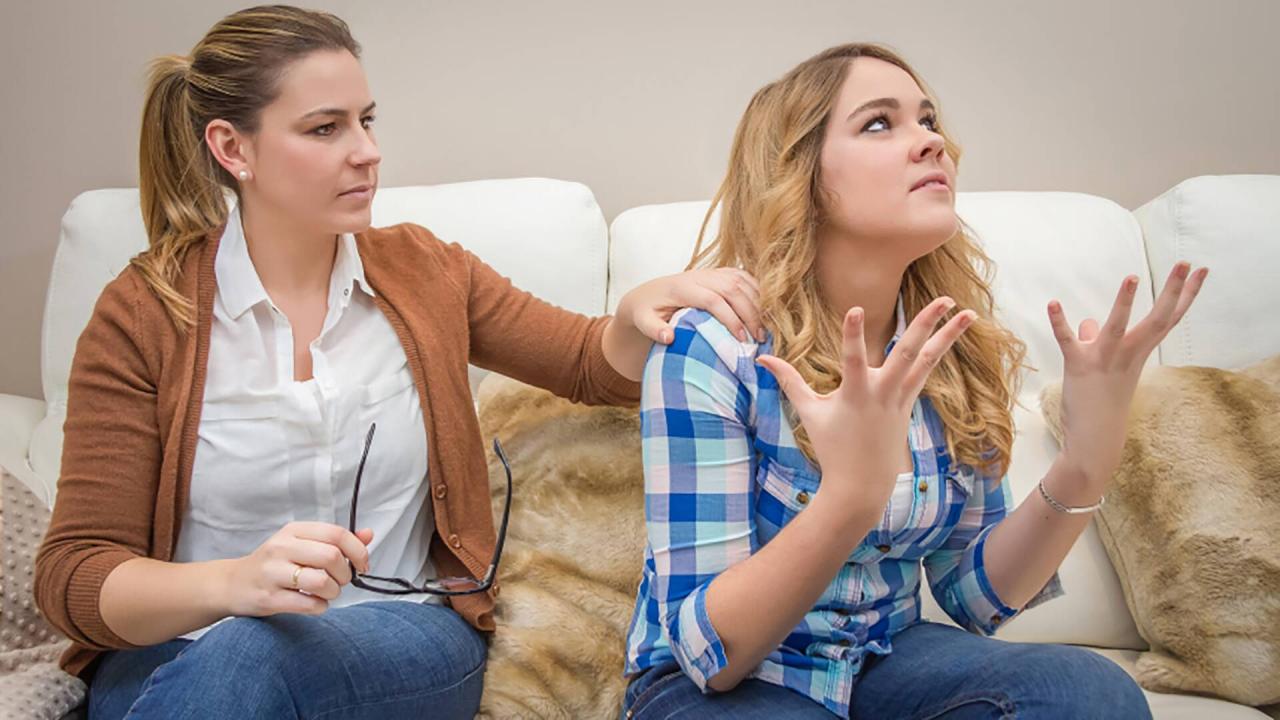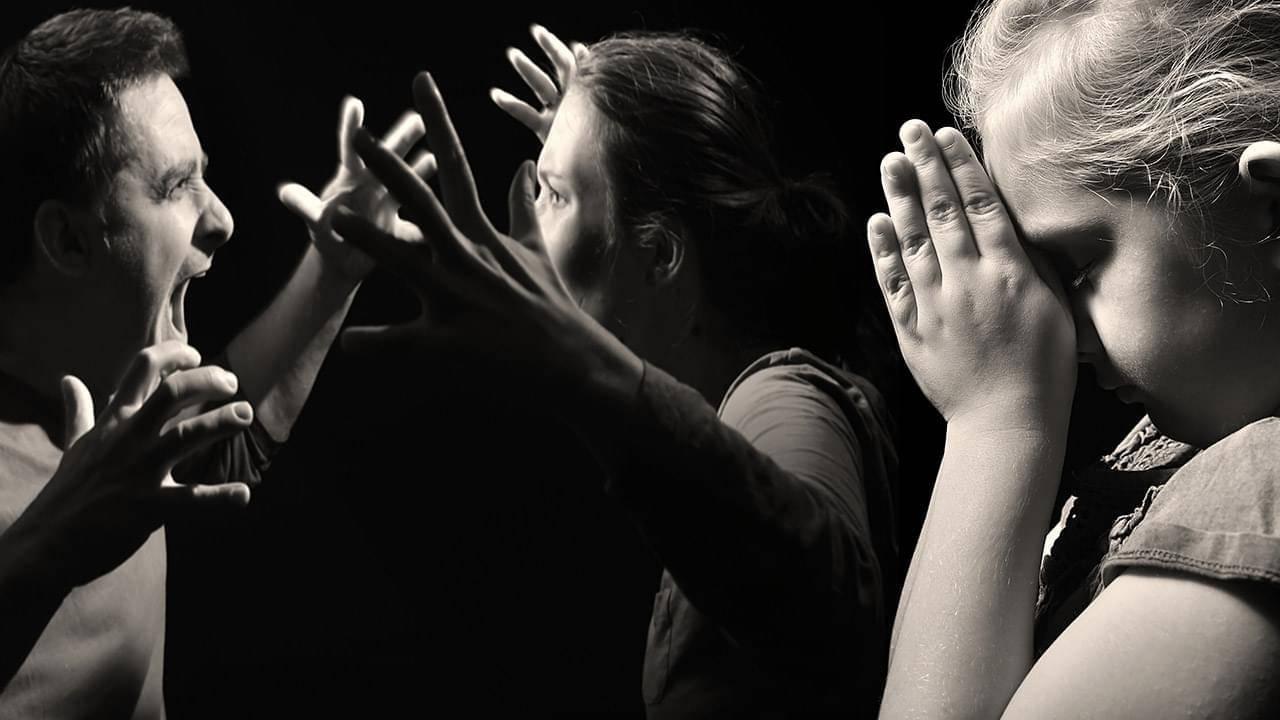5 Things All Parents Should Require From Their Children
Dr. Phil says that parents must require certain behavior from their children so they will learn how to succeed in the world. He says it’s a parent’s...
A child's psychological needs are greatly increased during and after a divorce. They live in the middle of an economic and emotional roller coaster, experiencing guilt, fear and confusion. If parents are consciously focused on and sensitive to their child's needs during and after a divorce, they will do a better job of meeting them.
In the video below, Dr. Phil speaks with a couple who had a bitter divorce and have been battling for custody of their son for eight years. He reviews the mistakes they have made that have impacted their child and explains what children need during that turbulent time.
In Dr. Phil's book, Family First: Your Step-by-Step Plan for Creating a Phenomenal Family, he lists the most profound needs of children while going through a divorce — a time when they may be on an emotional roller coaster of guilt, fear and confusion. Your overall goal should be to meet all of these needs, in order to minimize the price your child has to pay for you and your ex being unable to sustain your relationship.
Following is a brief look at a child's needs. For more, go to chapter two in
Family First.
This will be a child's greatest need because their self-concept is very likely in a fragile and formative stage, especially if they are at a young age. They will try to gain approval because their sense of belonging to the family has been shattered. Children also tend to personalize things and blame themselves. If mom and dad are fighting and divorcing, they personalize it. They think, "If we didn't make so much noise. If we didn't need shoes..." They need acceptance. They need to know that they are important, that they are a priority. They will try to gain approval because their sense of belonging to the family has been shattered.
Parents need to go beyond normal efforts to assure their children that although the family has fragmented, their protection is solid. The key is to maintain a normal pace, boundaries and routines. They need to know that their world is predictable and that it's not going to change on them.
Children often shoulder the blame for the dissolution of a marriage. They personalize their part in the divorce because they know they misbehaved, and they feel that they're somehow being punished for it by the breakup of their parents. Be conscious of this and assure your children they're blameless.
With the loss of a family leader from the home, children will check and test for structure, so be sure to give it to them. They need structure more than any other time in their lives, because this is when things seem to be falling apart for them. Enforce discipline consistently and with the right currency for good behavior. They need to see that the world keeps spinning around, and they're still an integral part of what's going on.
Whether or not you feel brave and strong, you have to appear to be the best for your children. They're worried about you and about your partner, especially if there's an apparent crisis. Do everything possible to assure them of your strength, and in doing so, you make it possible for them to relax. Show yourself to be a person of strength and resilience.
Children should not be given the job of healing your pain. Too often, children serve either as armor or as saviors for their parents in crisis. They don't need to be dealing with adult issues, and should not know too much about what's going on between you and your ex-spouse.
Children should not bear such a responsibility. It will promote feelings of helplessness and insecurity, causing them to question their own strengths and abilities.
Children are not equipped to understand adult problems. Their focus should be on navigating the various child development stages they go through.
TELL DR. PHIL YOUR STORY: Considering divorce?

Dr. Phil says that parents must require certain behavior from their children so they will learn how to succeed in the world. He says it’s a parent’s...

As parents, we need to be aware of the importance of thoughtful negotiations in our family relationships. The objective in relationship...

After three years of marriage, Nikki and Mark are living in turmoil. “Mark and I fight and argue daily,” says Nikki, who claims Mark is violent with...